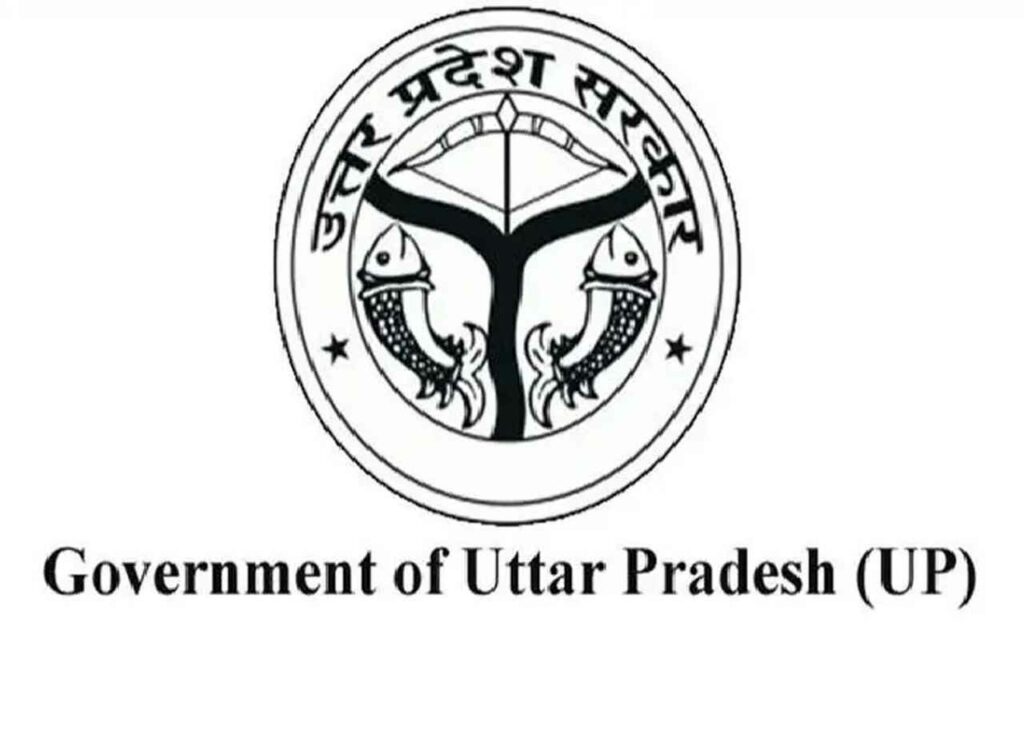New delhi: The Supreme Court ordered the Uttarakhand Chief Secretary to appear on May 17 to address the state’s “lackadaisical” approach to managing forest fires.
A bench of Justices B R Gavai, S V N Bhatti, and Sandeep Mehta questioned the deployment of forest department officials for election duties, despite the Election Commission’s exemption. The court directed that this practice be stopped.
Expressing displeasure, the court criticized the Centre for allocating only Rs. 3.15 crore to Uttarakhand for forest fire management. Justice Gavai remarked that the state’s efforts in controlling forest fires were inadequate.
Justice Gavai also questioned the state government on the deployment of forest officials for election duties, despite the Election Commission’s exemption. The state explained that some officials were assigned to election duties during phase 1, which has since concluded. The chief secretary had instructed district magistrates to exempt forest officials from poll duties due to ongoing forest fires.
The court also raised concerns about the vacancies in the forest department. Justice Gavai inquired, “Why are there so many vacancies?” A senior department official responded that while vacancies had existed for a long time, efforts had been made in recent years to fill them. Last year, 1,500 forest guards were recruited, and the state public services commission is expected to continue the recruitment process soon.
The state argued that forest fires were occurring in other states as well, noting that three fires were currently burning in Uttarakhand. However, Justice Mehta pointed out that of the 300-plus fires reported nationwide, 280 were in Uttarakhand alone. He mentioned that pine needles were a major cause and asked about plans to remove them before the fire season.
The state’s counsel stated that the government was encouraging locals to collect pine needles at a fixed price, with 2,300 metric tonnes collected so far this year. Additionally, units for making pellets from pine needles are operational.
The court emphasized that such incidents are likely to increase in the future and stressed the need for the state to be better prepared.








